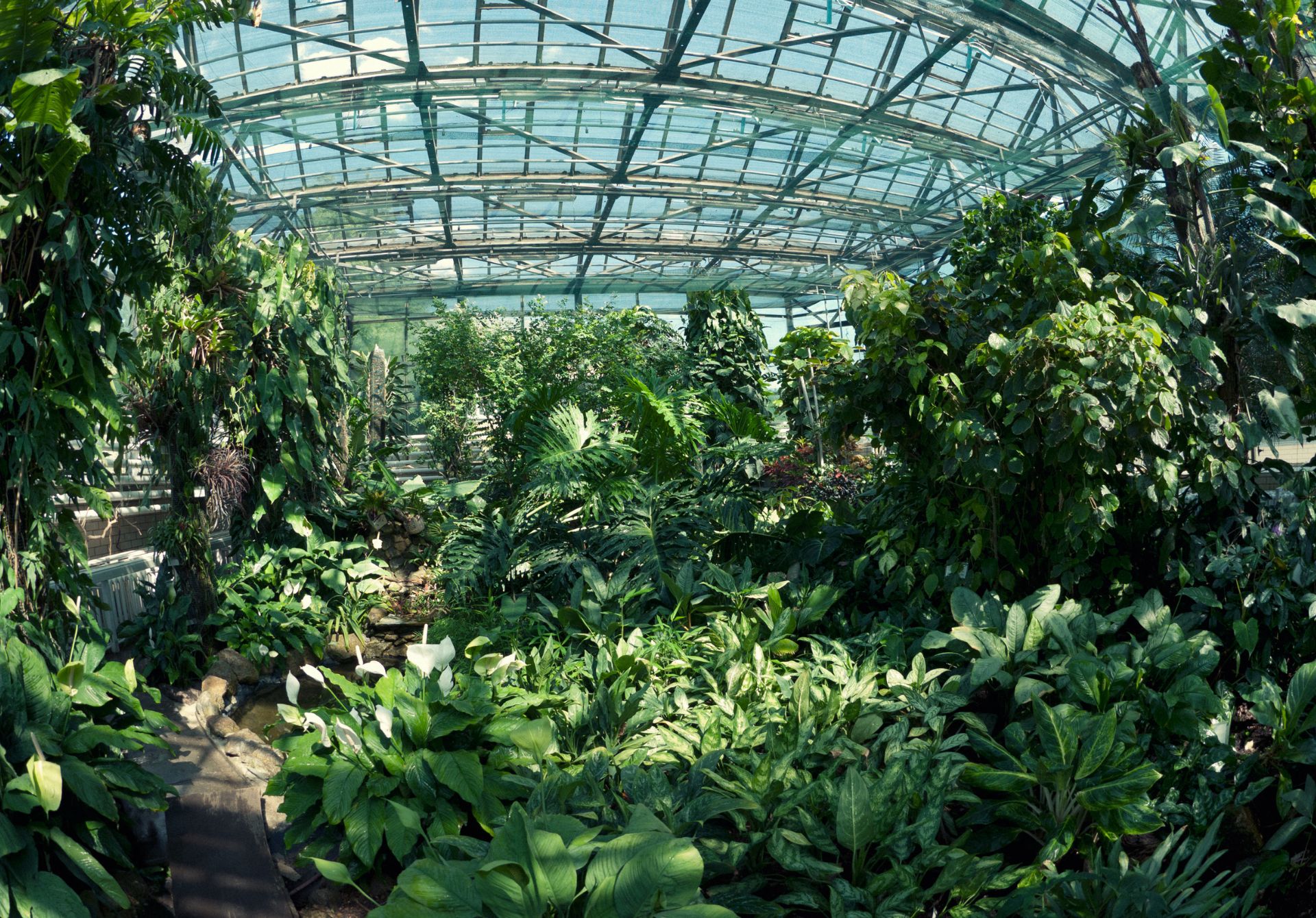Nestled on the southern coast of the Isle of Wight, the Ventnor Botanic Garden stands as a testament to the unique microclimate of the area and the ingenuity of horticulturists. This 22-acre garden showcases an impressive collection of subtropical and exotic plants, making it a must-visit destination for both plant enthusiasts and casual visitors alike.
History and Development
The garden’s history dates back to 1970 when it was established on the site of the former Royal National Hospital for Diseases of the Chest. The hospital, which closed in 1964, was chosen for its therapeutic climate, which proved equally beneficial for the cultivation of exotic plants.
Over the years, the garden has evolved significantly. It transitioned from public ownership to a Community Interest Company, allowing for more innovative management and development strategies. This change has led to exciting new projects and a renewed focus on sustainability and education.
Unique Microclimate
What sets Ventnor Botanic Garden apart is its exceptional microclimate. The garden is protected by chalk downs, which create a warm and sheltered environment. This microclimate is further enhanced by the garden’s southerly aspect and proximity to the sea, resulting in temperatures that are, on average, 5°C warmer than the rest of the UK mainland.
This favorable climate allows for the cultivation of plants that would typically struggle in other parts of the British Isles. The garden boasts an average of only 1.7 days of frost per year, enabling the growth of tender exotic species without the need for greenhouses or other protective structures.
Notable Collections
The Ventnor Botanic Garden is home to an impressive array of plant collections, each showcasing different geographical regions and plant communities. Some of the most notable include:
- The Australia Garden: Featuring plants from the temperate regions of Australia, including Eucalyptus trees and various Acacia species.
- The New Zealand Garden: Showcasing the unique flora of New Zealand, including the iconic silver fern and various Cordyline species.
- The Mediterranean Garden: Highlighting plants from regions with Mediterranean climates, including lavender, rosemary, and olive trees.
- The Arid Garden: Displaying succulents and cacti from arid regions around the world.
- The South African Terrace: Featuring a colorful array of plants native to South Africa, including proteas and aloes.
Conservation and Research
Beyond its role as a visitor attraction, Ventnor Botanic Garden plays a crucial part in plant conservation and research. The garden participates in various conservation programs, including the International Conifer Conservation Programme and the Global Strategy for Plant Conservation.
In 2019, the garden made headlines when it successfully cultivated and flowered a Puya chilensis, a rare bromeliad from Chile. This achievement underscores the garden’s importance in preserving and studying plants that may be threatened in their native habitats.
Educational Initiatives
Ventnor Botanic Garden is committed to education and public engagement. The garden offers a range of educational programs for schools, focusing on topics such as biodiversity, climate change, and sustainable horticulture. In 2021, despite the challenges posed by the COVID-19 pandemic, the garden launched a series of virtual tours and online workshops, reaching over 5,000 students across the UK.
For adult visitors, the garden provides guided tours, workshops, and lectures throughout the year. These programs cover a wide range of topics, from plant identification to sustainable gardening practices, catering to both novice gardeners and experienced horticulturists.
Sustainable Practices
Sustainability is at the core of Ventnor Botanic Garden’s operations. The garden employs various eco-friendly practices, including:
- Rainwater harvesting: A system that collects and stores rainwater for irrigation, reducing reliance on mains water supply.
- Composting: All green waste is composted on-site and used to enrich the garden’s soil.
- Minimal chemical use: The garden emphasizes natural pest control methods and organic fertilizers.
- Energy efficiency: Solar panels were installed in 2018, providing a significant portion of the garden’s energy needs.
Visitor Experience
Ventnor Botanic Garden offers more than just plants. Visitors can enjoy: The Plantation Room Café: Offering locally sourced food with stunning views of the garden. The Visitor Centre: Housing exhibitions on the garden’s history and current projects. The Tropical House: A glasshouse showcasing plants from tropical rainforests. Regular events: Including plant sales, art exhibitions, and music performances.
Ventnor Botanic Garden stands as a unique and valuable institution on the Isle of Wight. Its exceptional microclimate allows for the cultivation of an impressive array of subtropical and exotic plants, making it a living laboratory for botanical research and conservation. The garden’s commitment to education, sustainability, and public engagement ensures that it remains not just a beautiful space, but also a vital resource for understanding and preserving plant biodiversity in the face of climate change.
As we look to the future, Ventnor Botanic Garden continues to adapt and innovate. Its transition to a Community Interest Company has opened up new possibilities for growth and development, while its focus on sustainability and education positions it as a model for other botanical institutions. For visitors to the Isle of Wight, the garden offers a chance to explore a world of plants in a single, beautiful location, making it an essential stop on any trip to this charming island.

